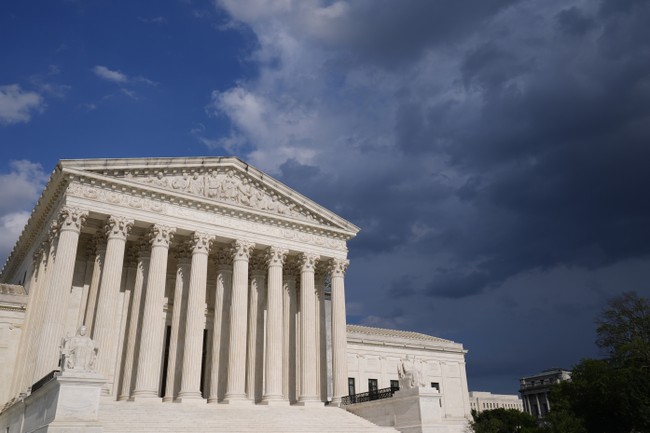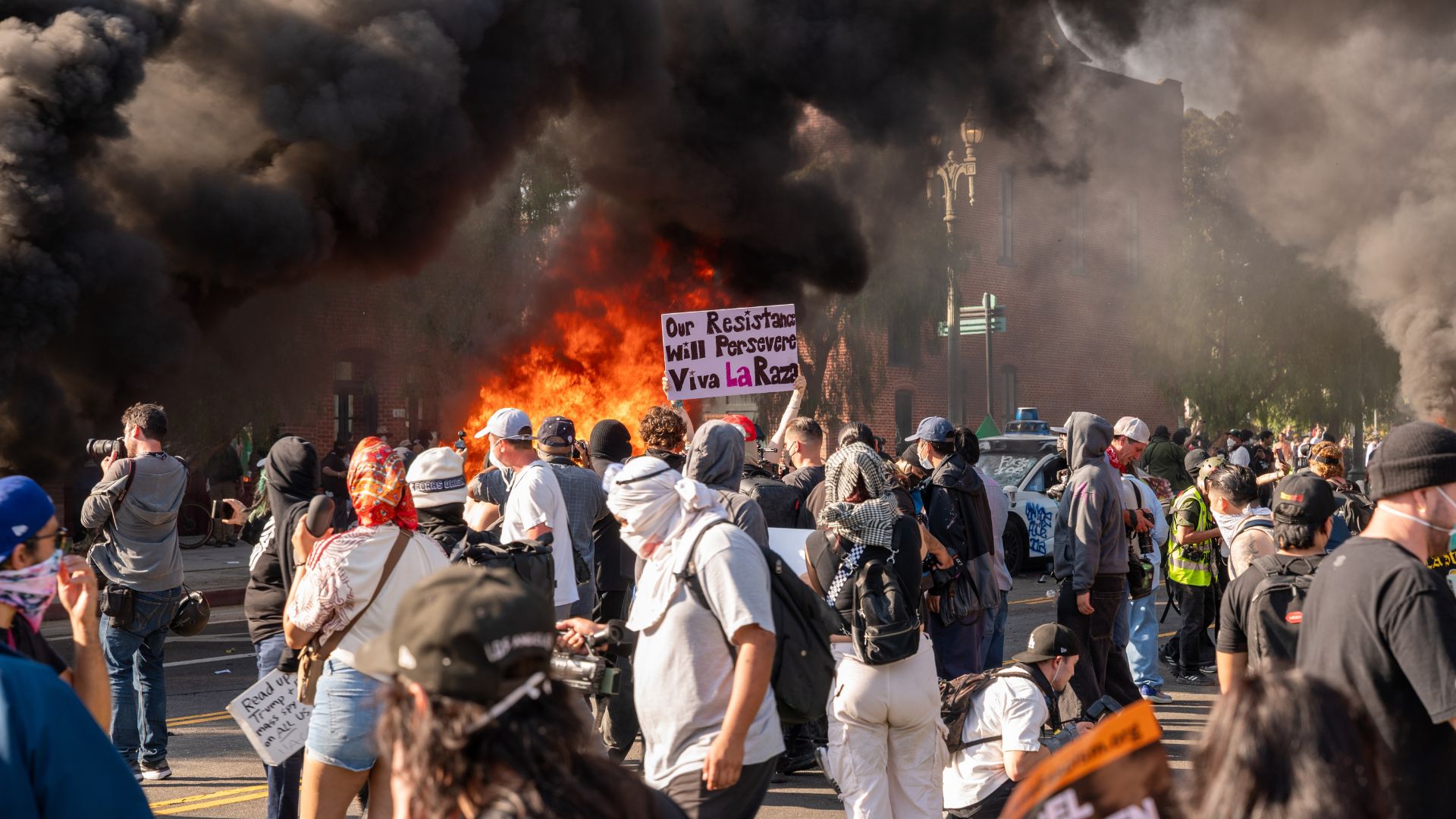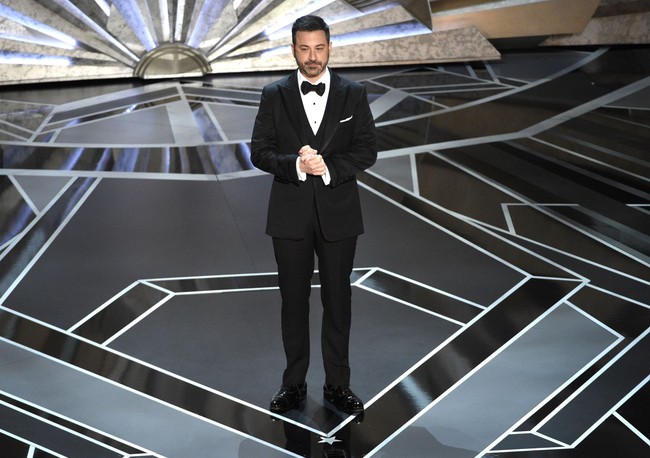The Trump administration picked up a win from the Supreme Court today when the Court overturned a federal judge’s order blocking the administration from canceling teacher training grants.
The Supreme Court on Friday let the Trump administration temporarily suspend $65 million in teacher-training grants that the government contends would promote diversity, equity and inclusion initiatives, an early victory for the administration in front of the justices…
The decision was 5 to 4, with five of the court’s conservatives — Justices Amy Coney Barrett, Neil M. Gorsuch, Clarence Thomas, Samuel A. Alito Jr. and Brett M. Kavanaugh — in the majority. Chief Justice John G. Roberts Jr. voted with the court’s three liberal justices in dissent.
A federal judge in Massachusetts had blocked the administration from ending the grants last month.
In their March 6 lawsuit, the attorneys general for California, Colorado, Illinois, Maryland, Massachusetts, New Jersey, New York and Wisconsin allege the department “arbitrarily” and “improperly” terminated the grants.
The judge’s order to temporarily restore funding to those states “is a victory for our students, teachers and school districts, restoring funds to programs designed to address the ongoing teacher shortage in the Commonwealth, including those serving vulnerable students with special needs,” said Massachusetts Attorney General Andrea Joy Campbell in a Tuesday statement.
The Trump administration appealed and was rejected.
The U.S. Court of Appeals for the First Circuit, in Boston, rejected a request from the Trump administration to undo Judge Joun’s order, saying the government’s arguments were based on “speculation and hyperbole.”
That led to an emergency appeal to the Supreme Court in which the Trump administration argued they were unlikely to get the money back once it was distributed.
The Department [of Education] insisted that it should not be forced to continue funding millions of dollars in “taxpayer money that may never be clawed back” while the lawsuit plays out in the courts. It pointed out that, even if it eventually wins this case, it would have a hard time getting the millions in federal dollars back now that the “federal funding spigots” had been turned back on.
The eight states that are part of the lawsuit against the administration countered that it would make little sense for the Supreme Court to intervene at this stage, given that the grant reinstatement would expire soon anyway. And, they pointed out, the order’s limited shelf life gave grant recipients little time to continue receiving government funds.
Ultimately, the Court sided with the Trump administration, giving it it’s first win there in his second term.
The unsigned decision said that the district court judge did not have authority to order that the funds be paid under a federal law called the Administrative Procedure Act.
The administration “compellingly argues” that the entities receiving the funds will not suffer irreparable harm as a result of the funds being withheld, the decision said.
Two of the liberal Justices wrote dissenting opinions.
In a dissenting opinion, liberal Justice Elena Kagan disputed that conclusion, saying that the grant recipients had said they would be forced to cancel some of their programs.
“Nowhere in its papers does the government defend the legality of canceling the education grants at issue here,” she added.
“It is beyond puzzling that a majority of justices conceive of the government’s application as an emergency,” liberal Justice Ketanji Brown Jackson said in a separate opinion.
NPR notes there is an underlying disagreement here over whether district court judges should be issuing nationwide injunctions that essentially veto actions by the President.
Bubbling under the surface in these cases is the government’s ongoing critique of sweeping court orders that bind the administration’s actions beyond the confines of the courtroom. Judges’ grants of nationwide relief have been a thorn in the administration’s side since Trump took office in January. In fact, the increased prominence of court orders that apply nationwide really took off in the first Trump administration when courts often blocked the administration’s plans.
This was an ongoing issue during Trump’s first term as well. Today, AG Pam Bondi celebrated the ruling.
Today marks a significant victory for President Trump and the rule of law.
This Supreme Court ruling vindicates what the Department of Justice has been arguing for months: local district judges do not have the jurisdiction to seize control of taxpayer dollars, force the… https://t.co/lrkTGga13S
— Attorney General Pamela Bondi (@AGPamBondi) April 4, 2025
This Supreme Court ruling vindicates what the Department of Justice has been arguing for months: local district judges do not have the jurisdiction to seize control of taxpayer dollars, force the government to pay out billions, or unilaterally halt President Trump’s policy agenda. Department of Justice attorneys will continue fighting to protect the executive branch from gross judicial overreach.
Sen. Hawley saw it the same way.
This is extremely important – for the first time, the Supreme Court halts liberal judges’ lawless efforts to avoid any appellate review by recasting their injunctions as “temporary restraining orders.” Today the Supreme Court, finally, said NO https://t.co/uTe7T2LRPs
— Josh Hawley (@HawleyMO) April 4, 2025
Here’s Sec. McMahon’s reaction.
Today’s Supreme Court ruling is an important step towards realizing the President’s agenda to ensure that taxpayer funds that support education go toward meaningful learning and serving our students – not to train teachers in radical racial and gender ideologies. https://t.co/zrQwUvU42n
— Secretary Linda McMahon (@EDSecMcMahon) April 4, 2025
Reactions on the left seem pretty quiet for now. I guess we’ll hear more from them tomorrow when they figure out what to say.
Read the full article here







![Tom Homan Reveals the Staggering Number of Migrant Kids Lost Under Biden Have Now Been Found [WATCH] Tom Homan Reveals the Staggering Number of Migrant Kids Lost Under Biden Have Now Been Found [WATCH]](https://www.lifezette.com/wp-content/uploads/2025/06/2025.06.11-09.08-lifezette-6849f05050f20.jpg)




